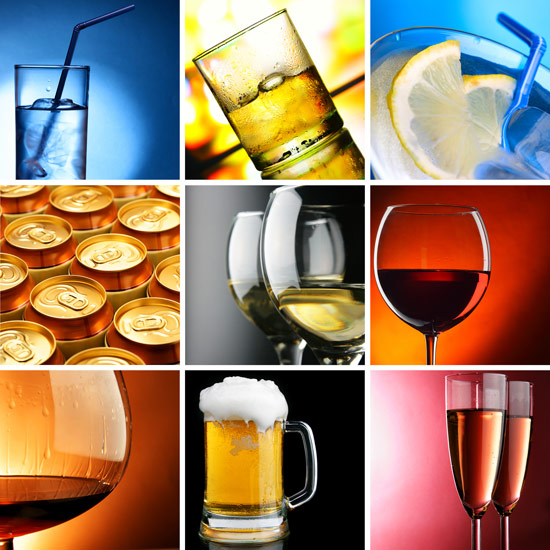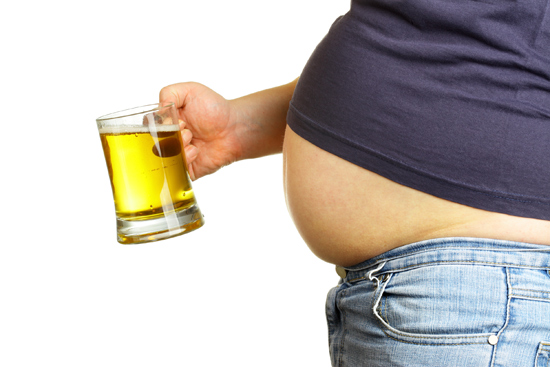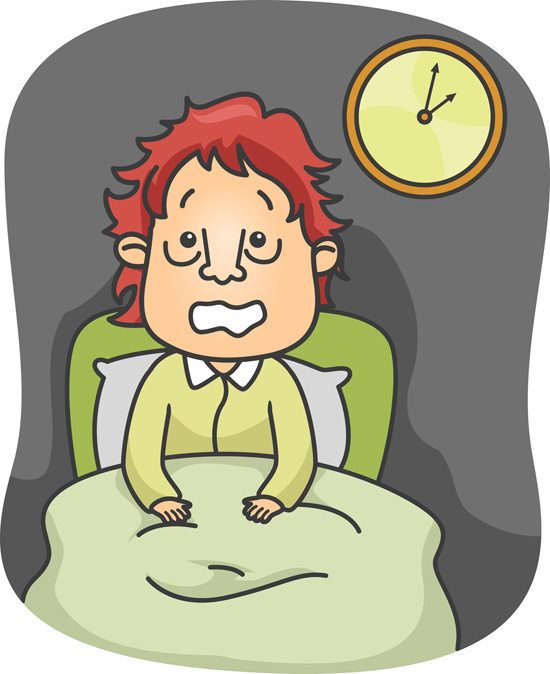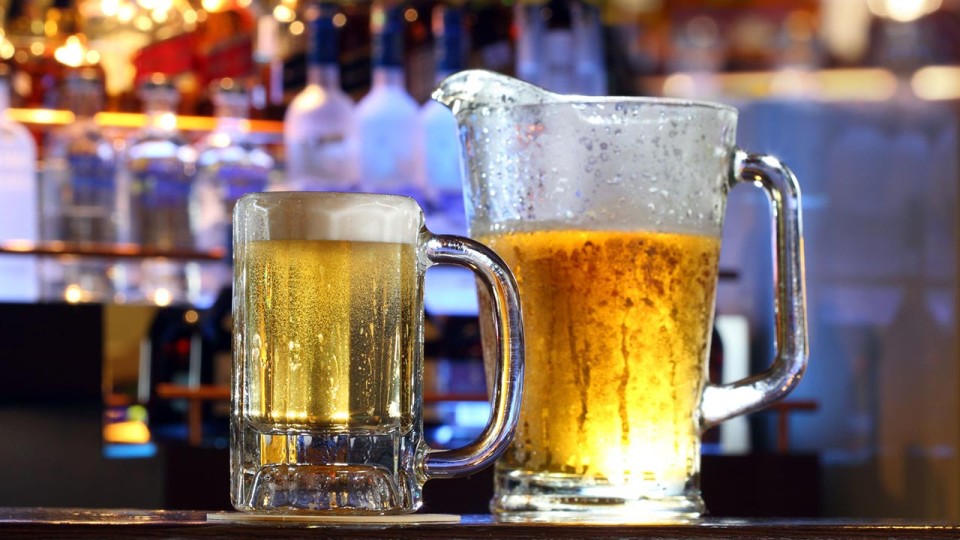Alcohol consumption, particularly excessive use, is one of the culprits of serious health conditions in the world. Its relationship with sports and exercise has been long-standing and clear. Alcohol continues to be frequently consumed by habitual exercisers and athletes.
It has been known that people who drink heavily are often found to exercise heavily as well. These people almost exercised for 20 more minutes than their friends who did not drink at all.
Though this may not be entirely surprising, but they do raise a few questions about whether alcohol and running go hand in hand. The answer is no.

Most runners and fitness lovers go for alcohol because of social reasons or just because they want to reward themselves after a hard day on the treadmill. However, alcohol not only does more harm than good, it also nullifies certain effects of the workout. Here are a few reasons that show why alcohol should not be mixed with exercise:
1. Alcohol Leads To Dehydration
Running leaves the body dehydrated and so does drinking. The kidneys produce more amount of urine when a person drinks more water and trips to the loo increase for the same reason. While running, a lot of sweat is produced leading to increased body temperature, which increases the chances of dehydration. Not only could dehydration cause muscle cramps and strain the body, they could cause tiredness as well.
Alcohol is an even bigger culprit than other liquids because it is diuretic like tea and coffee. Thus, alcohol and running should be kept away from each other, and water should be preferred for re-hydrating.
2. Alcohol Causes Blood Sugar Levels to Plummet
Alcohol leads to sugar cravings and many people notice this after they have a night with a heavy drink. However, since the liver fails to produce the desired amount of glucose in the system, the sugar levels of the blood drop in the body.
However, running requires the blood sugar and glucose levels to be high because that is where the runner is getting their energy from. Alcohol and exercise combined together could be disastrous, and the runner would have no energy to complete the run.
3. Alcohol Leads to Fat Accumulation

The cure for the infamous beer belly is not through running alone, it is by cutting on alcohol and then, exercising. Also, beer belly can happen in both men and women.
A common effect of alcohol is putting on weight around the middle part of the body, and this is because of the added calories of alcohol. The body does not give priority to burning carbs and fat and instead, spends the metabolic activity on alcohol.
The amino acids are broken down, and the body tends to store them as fat, which is most pronounced around the midsection, thighs, and buttocks.
Alcohol leads to higher levels of the stress hormone called cortisol, which causes fat storage around people’s midsection.
The Journal of Nutrition also published a study which suggested that people who don’t exercise may have the same weight as people who exercise and drink, with the added beer belly to deal with. This is another reason why alcohol and running are disastrous because it makes all the running and hard-work go to waste.
4. Alcohol Causes Slower Recovery
There are carbs stored in muscles and liver and when the body goes through a hard workout, the glycogen is drained and in that case, the muscle tissues need to be repaired. However, when people drink immediately after they workout, the recovery of the tissue gets stalled.
Studies show that even after 8 hours, the body is still almost 50% low on carbs because of immediate intake of alcohol causing their displacement.
Thus, instead of mixing alcohol and exercise, the better option would be to sip on some filling protein shakes and carbs, which are low in fat and would repair the muscles.
Some good options for this include crackers in whole wheat with some peanut butter spread and chocolate milk (low fat).
5. Alcohol Disrupts Sleep
Performance and muscle recovery are also affected because alcohol disrupts regular sleep. Alcohol makes people skip the first stage of sleep and sends them directly to deep sleep. However, when the effects of alcohol start wearing off, people return to the first stage of the REM cycle and wake up soon because REM is a light sleep stage.
This is why many people wake up randomly during the night when they have ingested alcohol.

A study was conducted on 93 people and it showed that women were more affected by alcohol and lost sleep by as much as 30 minutes. The research showed that alcohol intake led to more wakefulness and reduced sleep duration.
Lack of sleep can lose out on almost 70% muscle growth because of decreased output of human growth hormone. There are many other harmful effects of alcohol on stunting people’s muscle growth by interfering with protein synthesis.
The above points are the reasons why alcohol should not be the preferred choice of drink while working out and running.
After working out so hard and giving it so much, no one wants the hard work to go down the drain because of overindulging in alcohol.
In moderation, however, alcohol can be alright and even beneficial.





